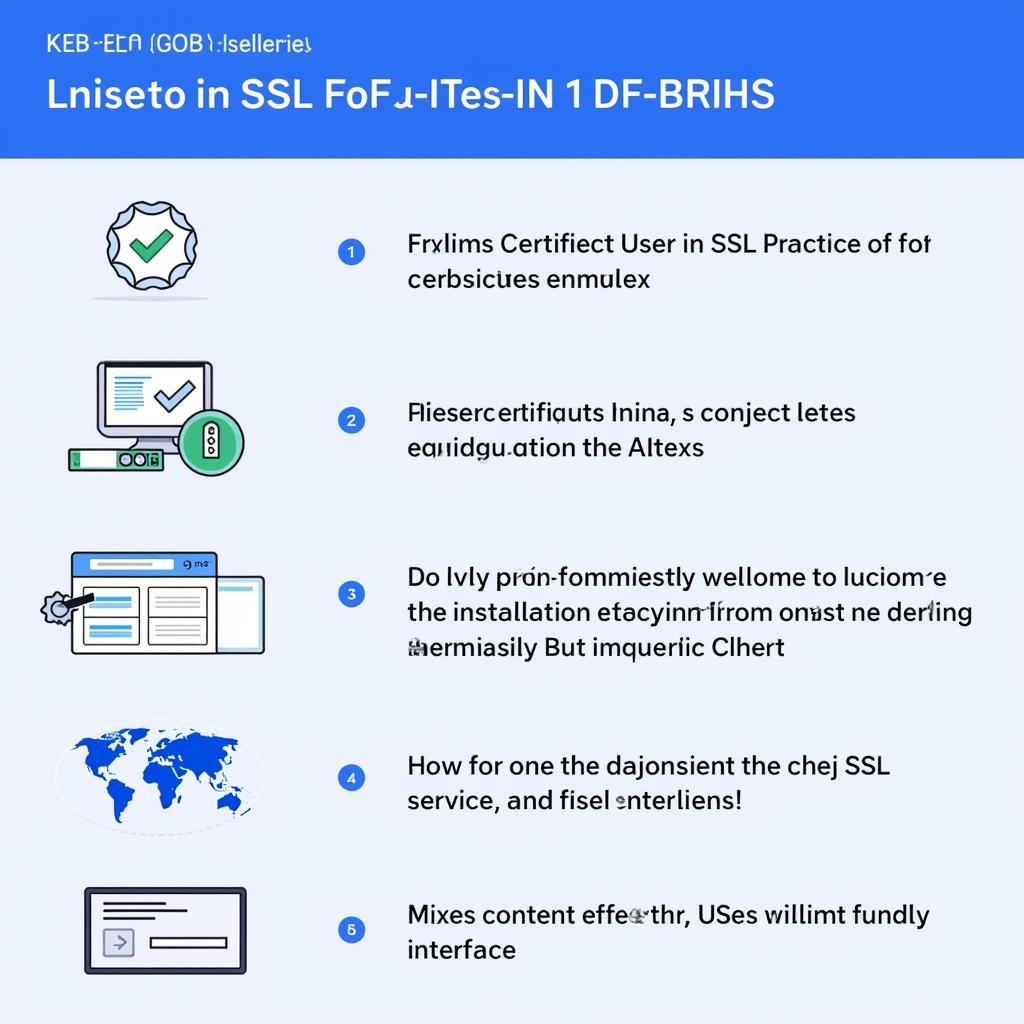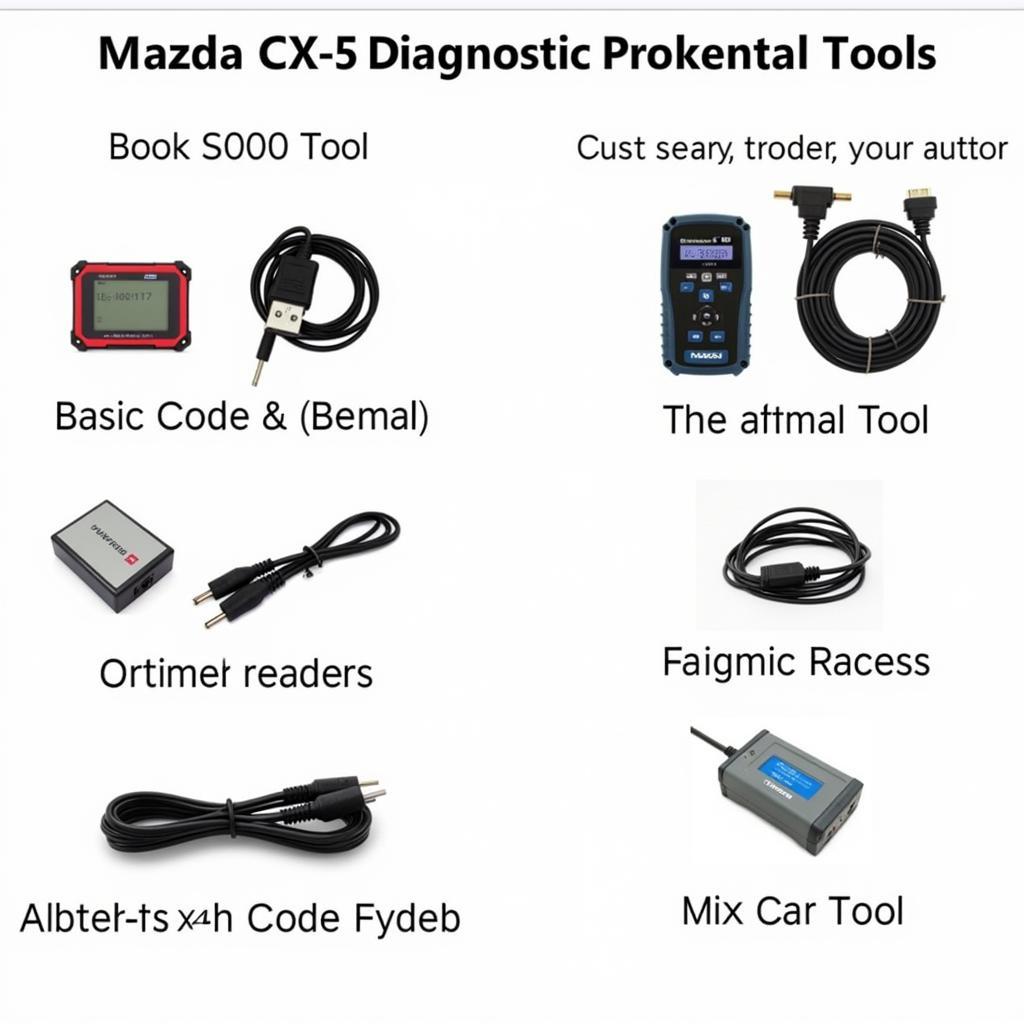Navigating the complexities of SSL certificates and server configurations can be a daunting task, even for seasoned website owners. The successful installation and configuration of an SSL certificate are crucial for ensuring a secure connection, bolstering user trust, and improving search engine rankings. This is where an Ssl Installation Diagnostics Tool emerges as an indispensable asset.
 SSL Installation Diagnostics Tool In Action
SSL Installation Diagnostics Tool In Action
Understanding SSL Certificates and Their Importance
Before delving into the specifics of diagnostic tools, it’s crucial to grasp the fundamental role SSL certificates play in establishing secure online environments. SSL, or Secure Sockets Layer, is a cryptographic protocol designed to encrypt communication between a web server and a web browser. This encryption prevents eavesdropping, data tampering, and impersonation attacks.
When you access a website secured with an SSL certificate, your browser verifies the certificate’s authenticity and establishes a secure connection. Visually, this secure connection is indicated by a padlock icon in the address bar and the use of “https://” instead of “http://” in the website’s URL.
 Website Security with SSL Certificate
Website Security with SSL Certificate
Common SSL Installation Issues
While the process of installing an SSL certificate has become increasingly user-friendly, several potential pitfalls can arise, leading to frustrating errors and security vulnerabilities. Some of the most common SSL installation issues include:
- Incorrect Certificate Installation: A misconfigured certificate installation can lead to browser warnings and connection errors.
- Chain of Trust Issues: An SSL certificate operates within a “chain of trust.” If any certificate in the chain is missing or invalid, the browser may flag the website as insecure.
- Domain Name Mismatches: The SSL certificate must precisely match the domain name it’s intended to secure. Discrepancies can trigger security warnings.
- Mixed Content Warnings: These warnings occur when a webpage loads both secure (https) and insecure (http) content.
The Role of SSL Installation Diagnostics Tools
SSL installation diagnostics tools offer a lifeline in troubleshooting and resolving SSL-related problems. These tools automate the process of analyzing your SSL certificate installation, identifying misconfigurations, and providing actionable insights for remediation.
Key benefits of using an SSL installation diagnostics tool include:
- Rapid Identification of Issues: Instead of manually combing through configuration files and certificates, a diagnostics tool swiftly pinpoints the root cause of SSL errors.
- Detailed Error Reports: These tools go beyond simply stating that a problem exists. They provide comprehensive reports detailing the nature of the issue, making it easier to understand and rectify.
- Time and Effort Savings: Manually troubleshooting SSL issues can be a tedious and time-consuming endeavor. Diagnostics tools streamline the process, allowing you to focus on other critical aspects of website management.
wifi diagnostic tools windows 7
Key Features to Look for in an SSL Installation Diagnostics Tool
Not all SSL installation diagnostics tools are created equal. When selecting a tool, consider these essential features:
- Comprehensive Certificate Analysis: The tool should examine all aspects of your SSL certificate, including its validity period, issuer information, and chain of trust.
- Server Configuration Checks: A robust tool should also assess your server’s SSL/TLS configuration, identifying potential vulnerabilities and recommending best practices.
- Mixed Content Detection: The ability to detect mixed content issues is critical for ensuring your website loads securely across all browsers.
- User-Friendly Interface: A clear and intuitive interface simplifies the diagnostic process, making it accessible to users with varying technical expertise.
 Key Features of SSL Diagnostics Tools
Key Features of SSL Diagnostics Tools
Popular SSL Installation Diagnostics Tools
The market offers a variety of both free and paid SSL installation diagnostics tools. Some popular options include:
- SSL Labs’ SSL Server Test: This widely respected online tool offers a thorough analysis of your server’s SSL/TLS configuration.
- Why No Padlock: This website provides a simplified interface for identifying common SSL-related issues, particularly mixed content warnings.
- Comodo SSL Checker: A user-friendly tool that verifies your SSL certificate installation and provides detailed reports.
install graphics diagnostics tools
Best Practices for SSL Installation and Troubleshooting
While SSL installation diagnostics tools are invaluable, adhering to best practices can prevent many common issues from arising in the first place:
- Obtain SSL Certificates from Reputable Certificate Authorities (CAs): Trustworthy CAs ensure the authenticity and reliability of your SSL certificate.
- Follow Installation Instructions Carefully: Each hosting provider and server environment may have specific installation procedures.
- Regularly Renew Your SSL Certificate: SSL certificates have expiration dates. Ensure you renew them promptly to avoid security lapses.
Conclusion
In an era defined by digital interconnectedness, ensuring the security of your website is paramount. SSL installation diagnostics tools empower website owners and administrators to identify and resolve SSL-related issues efficiently, fostering a safer and more trustworthy online experience for users. By understanding the importance of SSL certificates, employing these diagnostic tools effectively, and adhering to best practices, you can bolster your website’s security posture and safeguard sensitive user data.
For expert assistance with any automotive software or diagnostic tool needs, contact ScanToolUS at +1 (641) 206-8880 or visit our office at 1615 S Laramie Ave, Cicero, IL 60804, USA.


